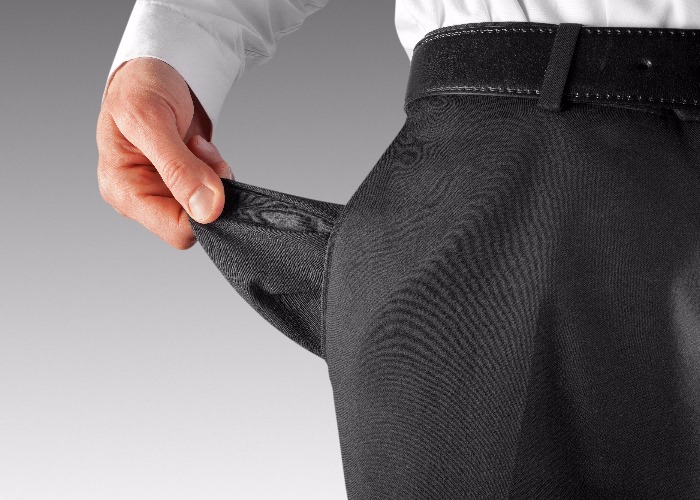4 money myths that are hurting your finances

These financial falsehoods are promoted as 'tips' but could actually leave you worse off.
Savvy savers always look for new ways to save money.
Unfortunately, there are plenty of money myths that can cause you to make poor decisions about your cash, ultimately leaving you worse off.
Here are just a handful of examples.
Debt is always bad
There’s no question that across the UK we have a lot of debt.
According to The Money Charity, the average household in the UK has a whopping £2,009 outstanding in credit card debt alone.
Make no mistake about it, debt can be a nightmare. But it would be wrong to view debt as always being a bad thing.
There are occasions where it can make sense to make use of credit – for example, if you make a big purchase on a new kitchen, you could use a 0% purchase credit card and spread the payments, avoiding interest but also paying the debt off in an easier timescale.
As another example, you could put spending on a cashback credit card and then clear the money you owe immediately, thus leaving you better off.
Debt in itself isn’t a bad thing – borrowing without the means, or a plan, on how to pay it back is the real problem.
Take a look at: How do I get out of debt? Cheapest ways to pay off what you owe
Investing is only for the wealthy
Investing, whether in stocks and shares or some form of alternative asset, can be intimidating.
Maybe it's less common among people who read take the time to read a personal finance site, but there's no question far too many people view investing as the exclusive preserve of the wealthy.
In reality, this is a huge mistake.
Investing is something that we all need to think about, no matter what our personal level of wealth, particularly if we want to have a pension big enough to provide for us in retirement.
What’s more, with the host of robo-advisers on the market now that effectively build and manage a portfolio on your behalf, based on your attitude to risk, getting started with investing has never been so simple.
Take a look at: our complete guide to getting started investing
Driving less will cut the cost of my car insurance
When you get a car insurance quote, the price you are quoted is supposed to be a reflection of how risky you seem to the insurer.
That’s why young drivers get whacked with such massive quotes - young and inexperienced drivers tend to be caught up in more accidents than those who have been behind the wheel for a long time.
Similarly, the conventional thinking is that if you are going to be on the road a lot, then your quote will be higher, as the more time that you are out driving, the more likely you are to be involved in an accident.
However, this isn’t actually the case.
A study from insurer By Miles last year found that the average low mileage driver is being charged a whopping £233 more than higher mileage motorists (although, as our article explains, the reality is a little more complicated).
This has been reinforced over the last year, where we have all hit the roads far less due to the pandemic and lockdowns, and yet only a couple of insurers have handed drivers refunds on the premiums paid based on estimates of higher mileages.
Thankfully, this may be changing though with a host of insurers launching policies where the cost of your cover is more directly tied into the exact miles you drive.
I’ll get a cheaper car if I pay with cash
The thinking usually goes that if you pay for something upfront then it will cost you less.
That’s certainly true with things like insurance policies, where if you go for the finance option ‒ which means paying off your policy on a monthly basis ‒ you’ll be charged interest, meaning it’s more costly overall.
But with cars, this isn’t always the case.
A study by WhatCar? last year picked out a host of examples of where going for a car on finance actually works out cheaper thanks to the deposit contributions and eye-catching incentives the dealers or manufacturers include.
As a result, it’s a really good idea to do your sums and not simply assume that just because you have the cash to hand, it’s worth paying for your car upfront.
Take a look at: 23 ways to cut your car insurance premiums
Comments
Be the first to comment
Do you want to comment on this article? You need to be signed in for this feature